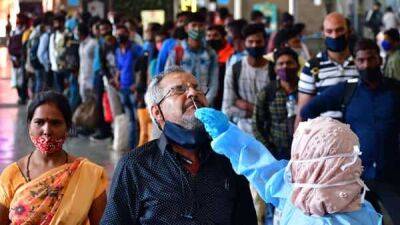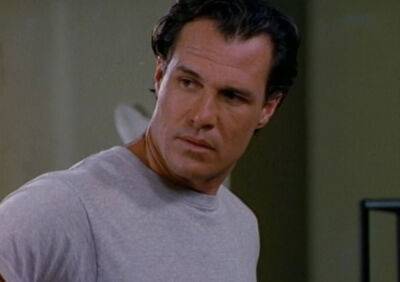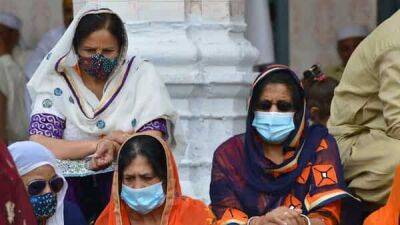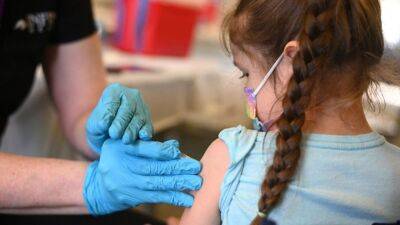COVID severely disrupted global cardiac care, increasing deaths
A meta-analysis of 158 observational studies from 49 countries on six continents reveals severe disruptions in cardiovascular (CV)-related hospitalizations, diagnostic and interventional procedures, and outpatient visits during the first 2 years of the COVID-19 pandemic.The study, the first global evaluation of cardiac-services delivery amid the pandemic of its kind, was published yesterday in the European Heart Journal.A team led by University of Leeds researchers in England analyzed studies on global cardiac services published from January 2019 to December 2021, most of them from high-income countries (HICs).
When health systems were overwhelmed with COVID-19 cases, elective surgeries were canceled, they noted, and many patients needing even emergency care feared the infection risks of hospital admission.Hospitalizations drop for severe heart attackRegardless of CV disease type and geographic area, fewer hospitalizations, diagnostic and interventional procedures, and outpatient visits occurred during the pandemic.
Across all countries, there was a 22% decline in hospitalizations for severe ST-segment elevation myocardial infarction (STEMI) and a 34% drop in less serious non-STEMI heart attacks.
The researchers said the declines were the result of fewer people seeking medical care rather than a drop in heart attacks.The investigators also observed a global 34% drop in cardiac surgeries, a 49% decline in the placement of electronic implantable devices such as pacemakers, and an increase of 17% in all-cause deaths, driven primarily by CV deaths in low- and middle-income countries (LMICs).In-person cardiac visits declined overall (incidence rate ratio [IRR], 0.27; 95% confidence interval [CI], 0.09 to 0.75).
Read more on cidrap.umn.edu
















































